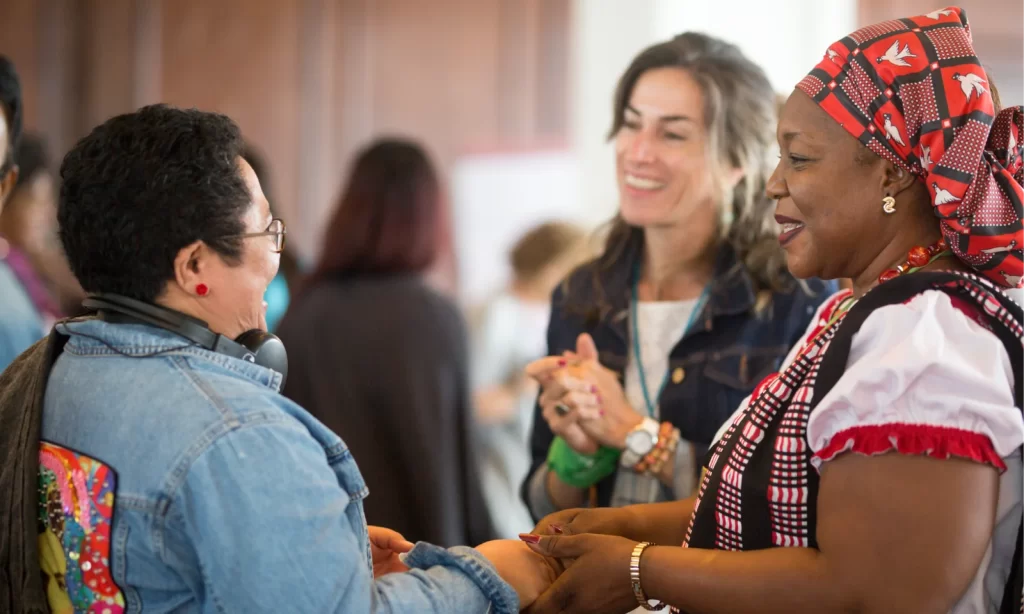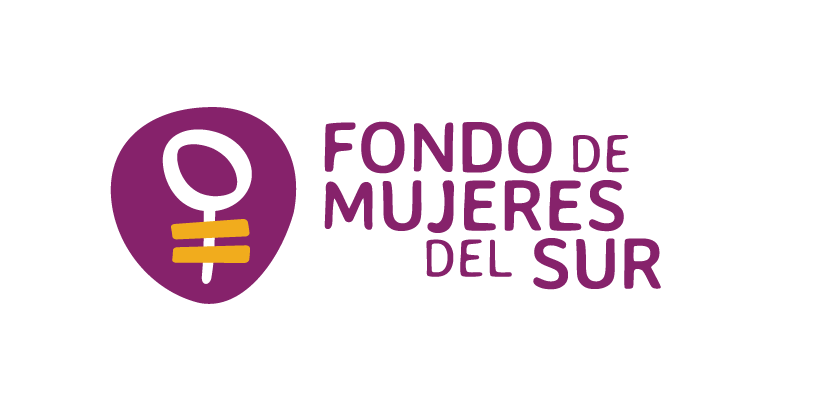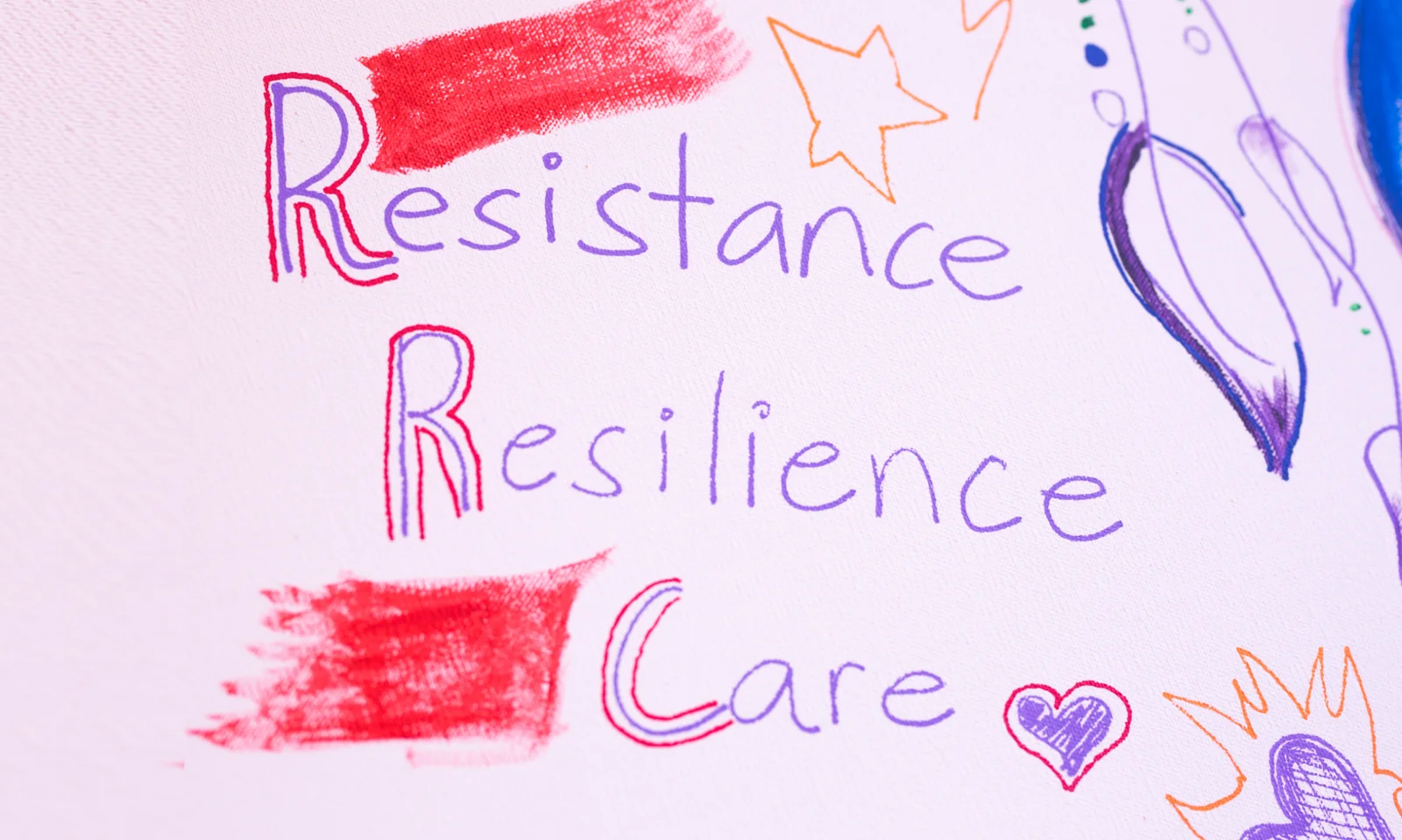Activists from more than 15 feminist organisations from Latin America, Africa and Asia, members of the Leading from the South (LFS) consortium and allies of the initiative met in Colombo (Sri Lanka) in a transregional meeting on Resilience, Resistance and Care.
The event was dreamed up long ago and took a long time to plan but it became a reality thanks to the joint and coordinated work of the four LFS partner women’s funds. The challenges inherent to an event of this magnitude were overcome and we managed to bring together more than 60 people in the same room, from more than 15 countries, speaking different languages and with diverse backgrounds, but all brought together by the shared idea of reinforcing our struggles and demands to achieve more just, free and loving societies.
Activists from Thailand, Burkina Faso, Paraguay, Malawi, Indonesia, Colombia, Philippines, Jordan, Togo, Argentina, Kenya and Sri Lanka met at the same time, in the same space to reflect on the concept of care: What does this term mean for each organisation? How does care or the lack of care affect our relationships in our personal lives and our activisms? What are the political aspects of care in the anti-patriarchal struggle?
The city of Colombo was chosen as the meeting point for these discussions. It is the administrative capital of the Republic of Sri Lanka, where different cultures, races and religions coexist, a country which is not exempt of economic and social crises, with a history of resilience and resistance.
On the first day of the meeting, work was done around the concept of “resilience.” Positive and negative aspects were debated based on the various subjective experiences and particular contexts, seeking to share reflections at a continental and interregional level.
“Resilience is about trying again, it is having the ability to continue despite adversity”; “Resilience speaks of strength, but it is like a double-edged sword: it can also falter, break and lead to grief,” were some of the ideas that the activists put forward.
Other interesting discussions that gave rise to conceptual proposals were around the contributions made by one of the Latin American attendees, Andrea Moreno Hurtado, from Casa Cultural El Chontaduro de Cali (Colombia). “In my case I like to talk about re-existence, because resilience connects me with the idea of adapting in the middle of a hostile situation. We change the context and the context changes us.” “Feminists don’t back down. It is really important for us to resist on the streets. Radical tenderness is fundamental,” said Daniela Flores, a representative of Fondo Centroamericano de Mujeres.
Many questions were left unanswered after these discussions, and several shared points emerged across all organisations. On the one hand, it was recognised that, regardless of the region, the oppressions are the same: racial injustices, neoliberalism, extractivism, fundamentalisms, the rise of far-right governments, the shrinking of civil spaces. On the other hand, the understanding that resistance, resilience and care are not static concepts but political ones.
On the second day, the possibility of deepening the institutionalisation of care was brought up: How can care be incorporated into the social imagination, public policies and the funding ecosystem if we cannot even fully include it in our lives and activisms? A variety of voices, stories and experiences were shared around practices, thoughts and feelings about collective care.
“I wish we could establish a strategy and concrete actions at the national and regional level. How can we work together to face all of these challenges? We are strong at the local level, but we aren’t so strong at the regional and international level. Why can’t we get support for this? This is my wish,” commented one of the activists.
“It is important to think about a transnational care network. It is a challenge due to language barriers, but it is important to think about a network that allows for collective care. An alert network that allows us to make noise about the different realities in the territories,” proposed María Inés Ré from Red de Salud de Mujeres Latinoamericanas y del Caribe.
With these ideas in mind, an attempt was made, collectively, to establish care strategies based on the axes of economic justice, natural resources and the right to land, bodily autonomy and freedom.
On the last day of the meeting, we tried to think about what care means at an institutional level and identify flexible funding strategies. Talking about care in an institutional way was also proposed as a premise for thinking about care within feminist organisations. Some activists shared measures that they take in their routine and in their own organisational spaces, although it was recognised that there is a lack of awareness about the issue and, therefore, a lack of awareness about the effective dimension of its importance and transversality.
“We think of care as an add-on instead of a necessity”; “care is seen as something soft, it is not recognised as a problem”; “I never have time to talk about myself, I realise that not having enough energy affects my work, and not just me, I see women activists in the field also struggling with this,” were some of the reflections that came up.
The relevance of the media instilling meanings and narratives also emerged at the meeting. One of the participants pointed out that the way the media shows what women are or could be like has been a big obstacle. She also wondered how we could use new tools (such as social networks), “in a transnational way to show ourselves, our struggles from an alternative point of view, that show the power we have achieving changes, so as to inspire others in different regions, using grassroots communication”.
They were 3 days full of sharing ideas, questions, and renewing our energy to work together to reinforce feminist movements in the global south. The meeting was also of great value and significance for the Leading from the South consortium, as it was the first meeting of partner organisations from the three regions in which the initiative is implemented. Strengthening was thus promoted through encounter, recognition through dialogue and transregional connections. In challenging times, returning to the warmth of working as a group and enjoyment are a fundamental part of our resistance.
Do you want to know more about Leading from the South activities?
Follow us on social media!
Instagram https://www.instagram.com/leadingfromthesouth/
Linkedin https://www.linkedin.com/company/leadingfromthesouth/


